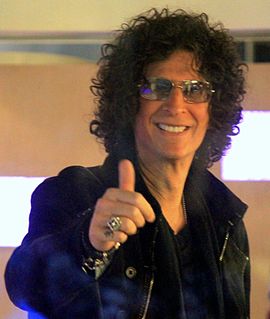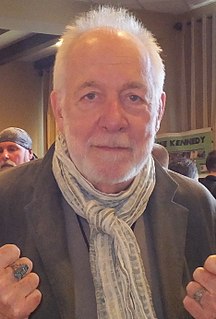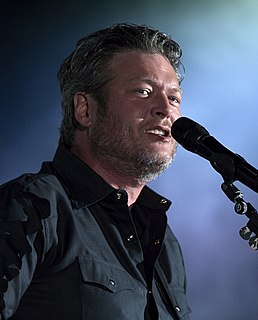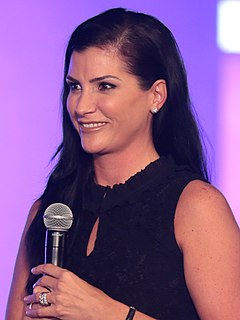A Quote by Ira Glass
For people starting public radio shows, one of the things you have to do is you have to talk every single public radio station into picking you up.
Related Quotes
When I hear other artists talk, they talk about 'How come radio's not playing my song?' Well, you have to look at it under a microscope and know that each station is just trying to do what's right for their market, and it's scary for a radio station to add a song that they don't know how well it's gonna do for them.
Because I don't do stand-up, radio has always been my equivalent, a place to stay in connection with the public and force myself to write every week and come up with new characters. Plus it's a medium that – having grown up with it and putting myself to sleep with a radio under my pillow [as a kid] – I love. No matter what picture you want to create in the listener's mind, a few minutes of work gets it done.
'Smoke On The Water' was ignored by everybody to begin with. We only did it in the shows because it was a filler track from 'Machine Head.' But then, one radio station picked up on it, and Warner Bros. edited it down to about three and a half minutes. It then started getting played by lots of different radio stations.
I started doing a half-hour Sunday night talk show on college radio station KUNV. That excited me more than anything I'd ever done. I went through the Yellow Pages to find people who seemed interesting. I'd goof on these people, but they were so excited to be on the radio that they didn't even notice.
I wrote 'Turn Your Radio On' in 1937, and it was published in 1938. At this time radio was relatively new to the rural people, especially gospel music programs. I had become alert to the necessity of creating song titles, themes, and plots, and frequently people would call me and say, 'Turn your radio on, Albert, they're singing one of your songs on such-and-such a station.' It finally dawned on me to use their quote, 'Turn your radio on,' as a theme for a religious originated song, and this was the beginning of 'Turn Your Radio On' as we know it.































